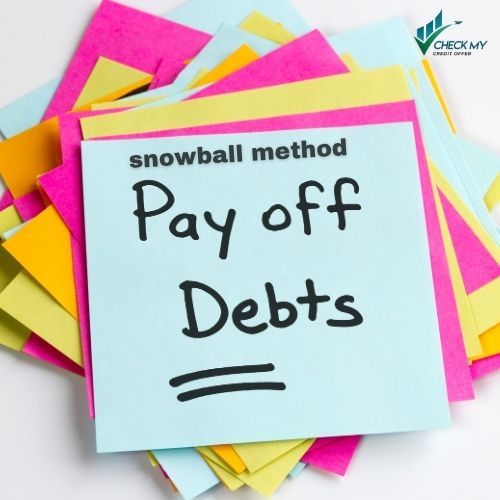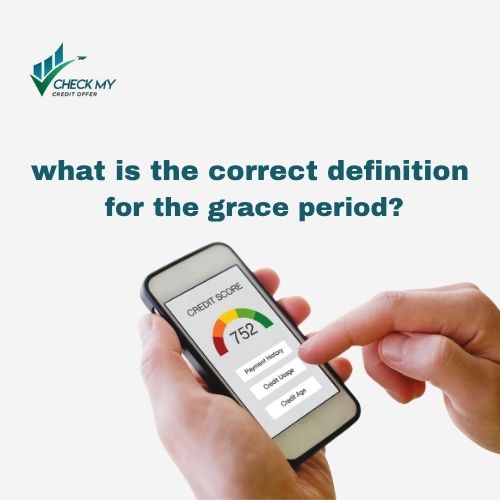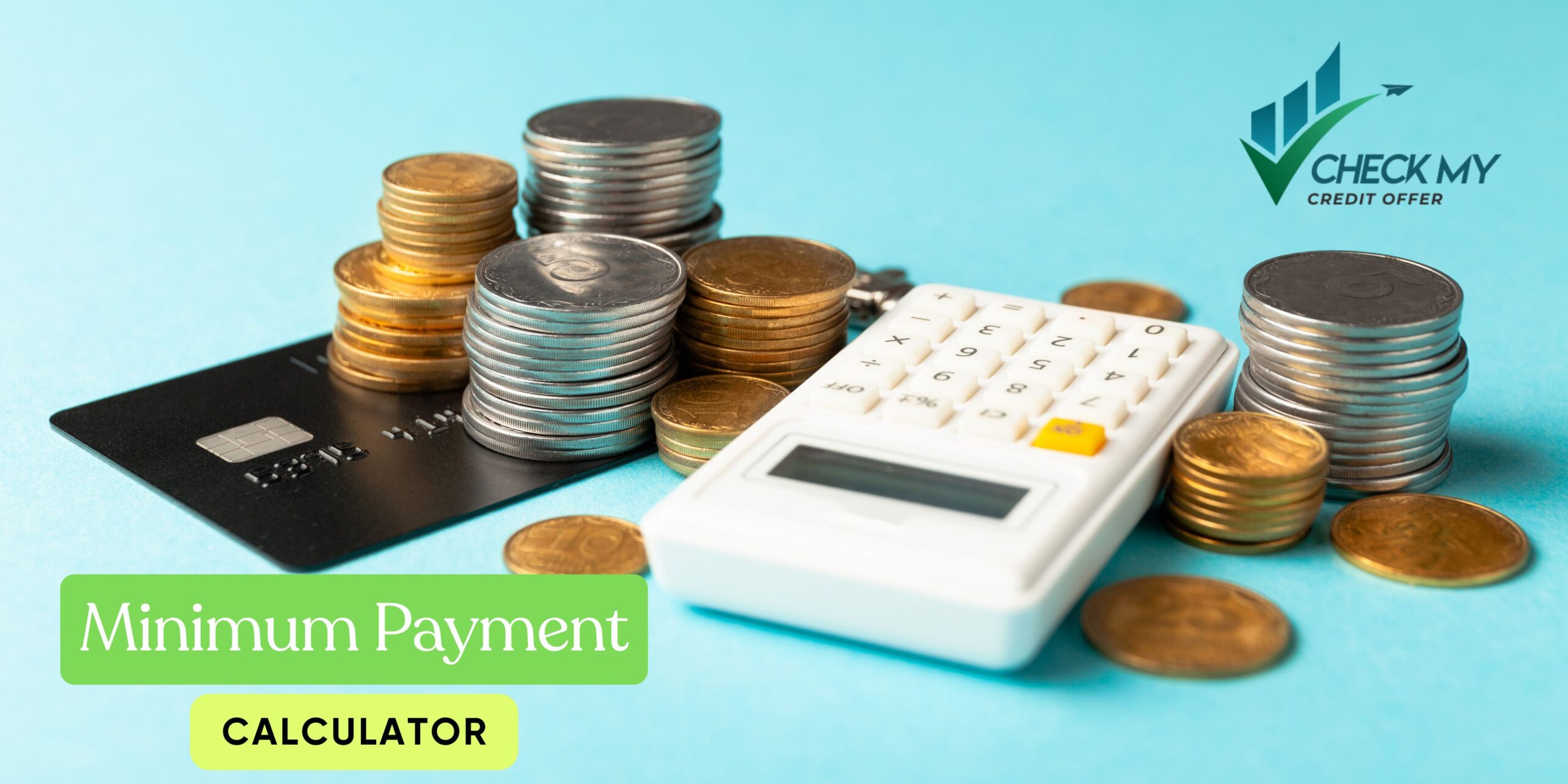Can I Reapply After a Credit Card Rejection? What You Need to Know
If you’ve just faced a credit card rejection, this guide shows how to recover, when to reapply, and how to protect your score.
Getting turned down for a credit card is disappointing, especially if you were certain you’d be approved. But a rejection is not necessarily the end of the road. Many people are approved the second time around — especially when they take the trouble to learn why they were turned down and how to make themselves more creditworthy.
In this guide, we’ll answer the common question: Can I reapply after credit card denial? You’ll learn why applications are denied, when and how to reapply, and what you should do to make approval more probable. Let’s jump into how to bounce back smartly and take control of your credit life.

Why Credit Card Applications Are Denied
Denials are not usually personal — they’re based on data. Credit card issuers use credit scoring models, income verification, and risk assessment tools to decide who to approve. The most common reasons for denials are the following:
Low Credit Score
If your credit score is too low, you might not be over the minimum for the card. Issuers usually have different tiers — and premium cards usually call for a FICO score of 700 or more.
Too Many Recent Applications
Multiple loan or credit card applications within a short time frame portray you as credit hungry. Each application leads to a hard inquiry, which lowers your score temporarily and serves as a red flag for lenders.
High Debt or Low Income
A high debt-to-income ratio — you owe too much compared to your income — will result in a denial. Issuers must feel sure that you’ll be capable of handling more credit without defaulting.
Mistakes on the Application
Small mistakes, such as an incorrect Social Security number or unmatched income data, will result in a denial. Lenders use automated systems, and mismatches will red-flag your application.
When Should You Reapply?
Timing is everything. Applying too soon can lead to another rejection and another hit to your credit score.
Suggested Waiting Periods (30–90 Days)
Most experts suggest waiting 30 to 90 days before reapplying. This gives your credit score time to recover and for you to fix the issues.
Depending on the Issuer’s Policies
Some banks like Chase or American Express may have specific internal rules. For example, the Chase 5/24 rule means if you’ve opened five or more credit cards (with any issuer) in the past 24 months, your application may be denied.
Based on Changes in Your Credit Report
If you’ve improved credit since the rejection — paid down loans, cleared up inaccuracies, or increased income — you may be a stronger candidate to reapply.
How to Improve Your Approval Chances Before Reapplying
Give yourself some time to strengthen your credit profile before you hit “Apply” again. Here’s how:
Check Your Credit Report for Errors
Request your free credit reports from AnnualCreditReport.com and review them for inaccuracies. Dispute any inaccuracies you find — i.e., incorrect balances, closed accounts that are showing open, or late payments that were not late.
Lower Credit Card Balances
Try to get your credit utilization ratio below 30% — and even below 10%. High balances, even with on-time payment, will hurt your score.
Minimize New Credit Inquiries
Wait to apply for additional credit cards or loans while you’re rebuilding your score. Each hard inquiry will deduct a few points from your score.
Use Pre-Qualification Tools
Reapply with online pre-approval or pre-qualification tools first. Issuers like American Express and Capital One allow you to check whether you’ll probably be approved without affecting your credit score.
Does Reapplying Affect Your Credit Score?
When you apply for a credit card, the issuer performs a hard inquiry. Inquiries do damage your score — but allow us to break down the details.
Hard Inquiries Explained
A hard pull notifies lenders that you’re seeking credit. One or two occasional inquiries will not harm much, but multiple hard pulls in a short time frame will decrease your score by 5–10 points each.
Timing Affects Your Score
FICO scores consider the number of recent inquiries, how close together they are, and your overall credit profile. Spreading out applications and having good credit habits minimizes the impact to a point of near insignificance.
Better Alternatives to Multiple Applications
Rather than blindly reapplying:
- Use soft pull pre-qualification tools
- Improve your credit prior to reapplying
- Consider secured cards or credit-builder loans as a stepping stone
Quick fact: a single credit card rejection doesn’t permanently harm approval odds—improving your profile for 30–90 days often flips the result.
What to Do After a Credit Card Rejection (Step by Step)
- Read the adverse action letter tied to your credit card rejection and list the exact reasons.
- Lower utilization and correct report errors before reapplying.
- Use issuer pre-qualification to avoid another hard pull.
Frequently Asked Questions Regarding Reapplying For Credit Cards
Can I Reapply For The Same Credit Card I Was Denied?
Yes, but wait 30–90 days at least. Spend that time improving your credit. Reapplying without addressing the underlying issues will result in another denial.
Does A Second Denial Hurt More?
Each application will initiate a new hard inquiry. A single hard pull doesn’t do much, but several inquiries in a short period of time can be cumulative.
Will A Co-Signer Be Beneficial?
Most of the big credit card issuers don’t permit co-signers for credit cards. Yet, being added as an authorized user on another person’s card will enable you to establish your credit history.
Should I Try To Apply For Another Card Instead?
Yes, consider cards that are more appropriate for your current credit profile. For example:
- If you have limited credit, apply for Discover It Sé¬ured or Capital One Platinum Sé¬ured.
- Students can consider Chase Freedom Student or Discover It Student Cash Back.
How Do I Know When I’m Ready To Reapply?
Track your score, pay off debt, ensure your credit report is clear, and utilize a pre-qualification tool to test the waters.
How Long Should I Wait To Reapply After A Denial?
There’s no universal rule, but many applicants wait 30–90 days. More important: reapply only after something changes (lower balances, corrected errors, higher income) and remember that hard inquiries are factored for ~12 months and remain on your reports for 24 months.
Will Reapplying Trigger Another Hard Inquiry And Hurt My Score?
Yes. Every new application creates a hard inquiry. A single inquiry typically causes a small, temporary drop; clustering many applications in a short window can have a larger impact. Space out applications and use pre-qualification first.
What Is A Reconsideration Line — And When Should I Call?
It’s the issuer’s team that can manually review a recent denial, clarify missing info, or consider updated details (income, relationship, limits). It won’t override hard-coded rules (e.g., too many new accounts), but it can help for borderline or incomplete applications.
Do I Have A Legal Right To Know Why I Was Denied?
Yes. You’re entitled to an adverse action notice with specific reasons (not vague wording). If a credit report was used, you also have a right to a free copy of that report within 60 days and to see the score and key factors.
What Is “Chase 5/24,” And Does It Affect Reapplying?
It’s an unofficial policy: if you’ve opened 5+ credit cards (any issuer) in the past 24 months, you’re typically denied for most Chase cards. If you’re at 5/24, calling reconsideration rarely helps — you’ll need to wait until you drop below the threshold.
Does Using Pre-Qualification Tools Affect My Credit?
No. Issuer pre-qualification and “see if you’re pre-approved” checks are soft inquiries. A hard inquiry happens only if you submit a full application.
How Long Do Hard Inquiries Stay, And When Do They Stop Affecting My Score?
They remain on your credit reports for up to 24 months, but most scoring models count them for the first ~12 months. Focus on on-time payments and low utilization to offset their impact.
Should I Reapply With The Same Issuer Or Try A Different One?
Start by fixing the reason for denial (from your adverse action letter). Then use soft-pull pre-qualification across issuers to see where you’re most likely to be approved. Some issuers also show a pop-up if you’re ineligible for a welcome bonus — read it carefully before proceeding.
Do Multiple Applications In One Day Help My Chances?
No. Credit card inquiries aren’t “rate-shopped” like auto or mortgage loans. Submitting many applications together can mean multiple hard inquiries with added risk to your score. Space them out.
If I Was Denied Because Of My Credit Report, What Should I Do First?
Order the free copy of the report used in the decision (you have 60 days), review the listed reasons, and dispute any inaccuracies. Then lower utilization and avoid new hard inquiries before your next application.
Will a recent credit card rejection stop me from getting approved soon?
Not necessarily. Space out applications, address the reasons listed in your adverse action notice, and use soft-pull pre-qualification before applying again.
Conclusion – Smarter, Not Sooner
Getting denied for a credit card is disappointing — but also an opportunity to learn and improve. Don’t rush to reapply. First:
- Understand why you were denied
- Enhance your credit profile
- Leverage pre-qualification offers to avoid hard pulls
Being more informed means you’ll be more likely to get approved and receive more favorable terms — whether that’s a low interest rate, higher credit limit, or generous rewards.
CTA: Denials are not permanent—a normal part of the credit process. Learn from the rejection, build up your profile, and reapply with confidence. When the time is right, check your eligibility safely with these reputable tools:
- Capital One Pre-Qualify
- Chase Credit Cards
- Amex RSVP Portal
Ready to bounce back from a credit card rejection? Check your eligibility with soft-pull tools before you reapply.






